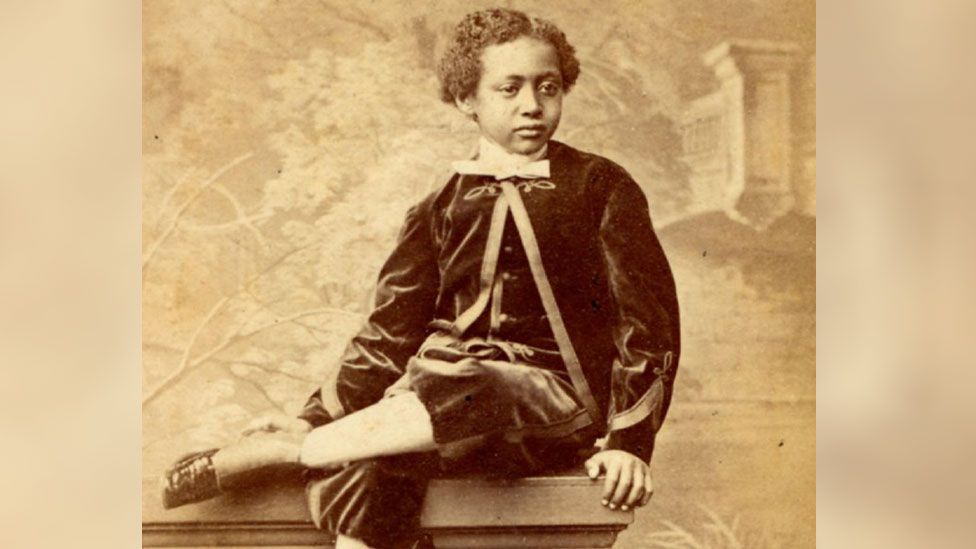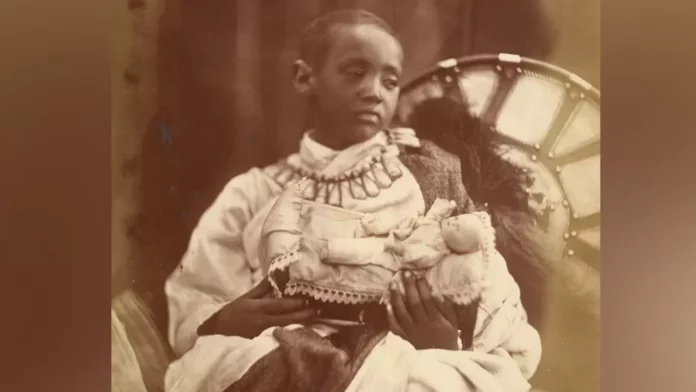- Buckingham Palace has declined a request to return the remains of an Ethiopian prince who came to be buried at Windsor Castle in the 19th Century.
Prince Alemayehu was taken to the UK aged just seven and arrived an orphan after his mother died on the journey.
Queen Victoria then took an interest in him and arranged for his education – and ultimately his burial when he died aged just 18.
But his family wants his remains to be sent back to Ethiopia.
“We want his remains back as a family and as Ethiopians because that is not the country he was born in,” one of the royal descendants Fasil Minas told the BBC.
“It was not right” for him to be buried in the UK, he added.
But according to BBC, a Buckingham Palace spokesperson said removing his remains could affect others buried in the catacombs of St George’s Chapel in Windsor Castle.
“It is very unlikely that it would be possible to exhume the remains without disturbing the resting place of a substantial number of others in the vicinity,” the palace said.
The statement added that the authorities at the chapel were sensitive to the need to honour Prince Alemayehu’s memory, but that they also had “the responsibility to preserve the dignity of the departed”.
It also said that in the past the Royal Household had “accommodated requests from Ethiopian delegations to visit” the chapel.

Demands that the body should return are not new.
In 2007 the country’s then-President Girma Wolde-Giorgis sent a formal request to Queen Elizabeth II for the body to be sent back, but those efforts proved fruitless.
“We want him back. We don’t want him to remain in a foreign country,” Ms Abebech said.
“He had a sad life. When I think of him I cry. If they agree to return his remains I would think of it as if he came home alive.”
She had hoped that she would get a positive response from newly crowned King Charles III.
“Restitution is used as a way to bring reconciliation, to recognise what was wrong in the past,” says Professor Alula Pankhurst, a specialist in British-Ethiopian relations.
He believes the return of the body would be “a way for Britain to rethink its past. It’s a reflection and coming to terms with an imperial past.”





